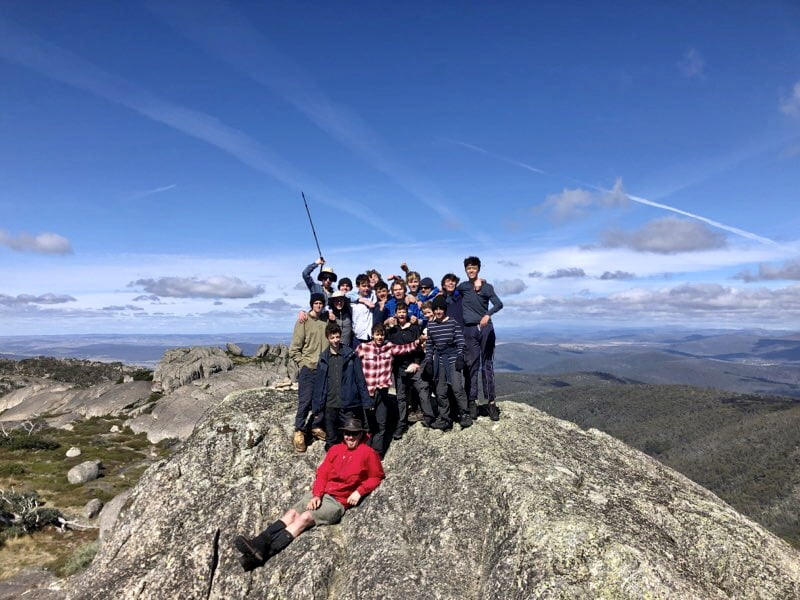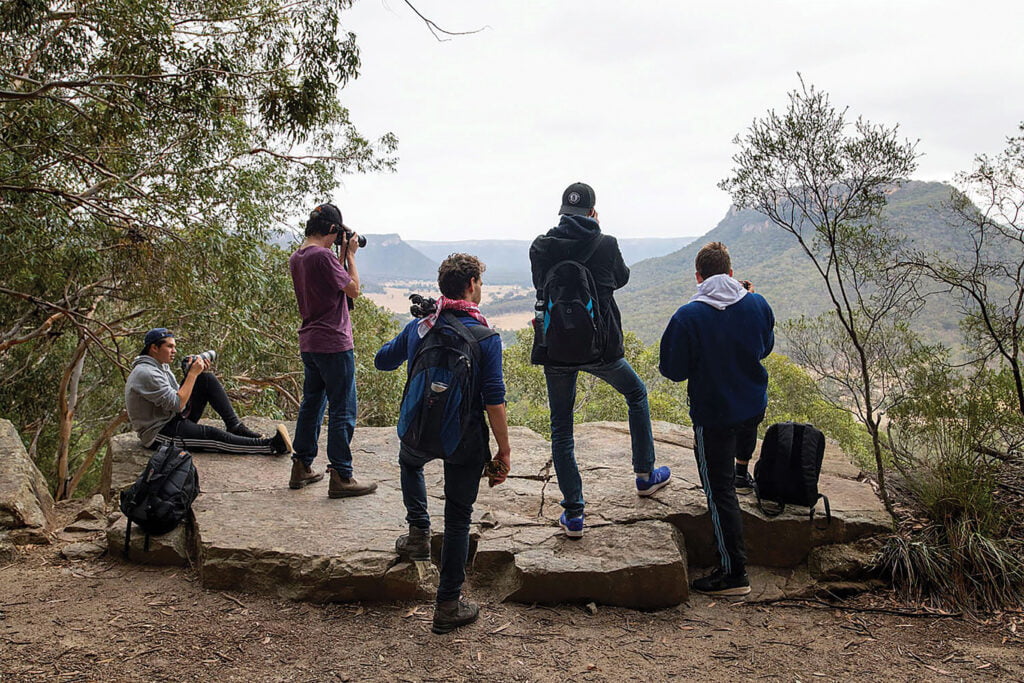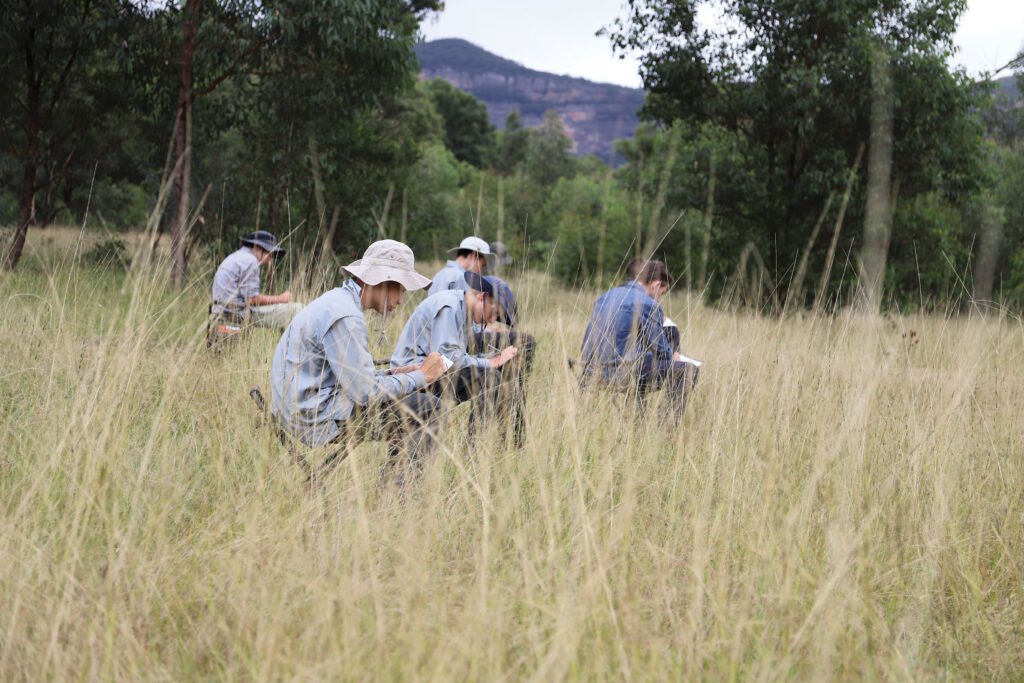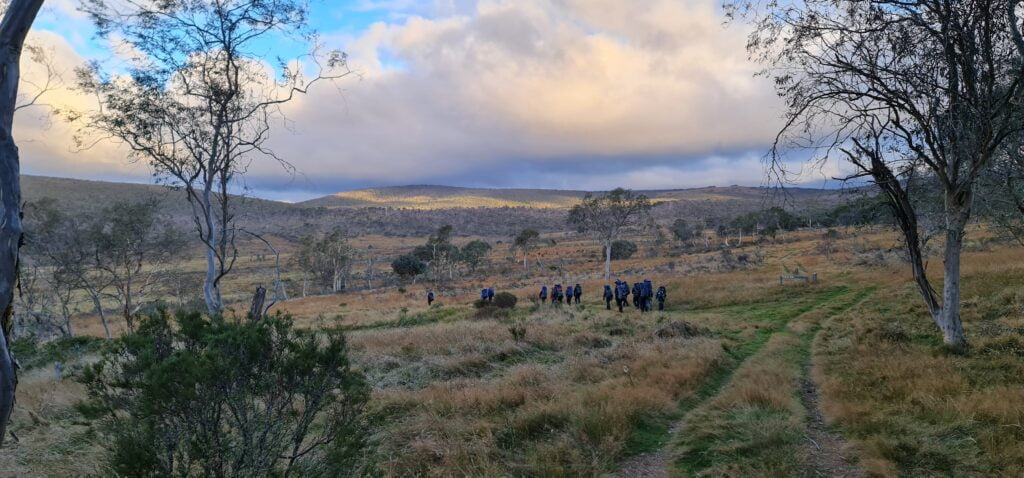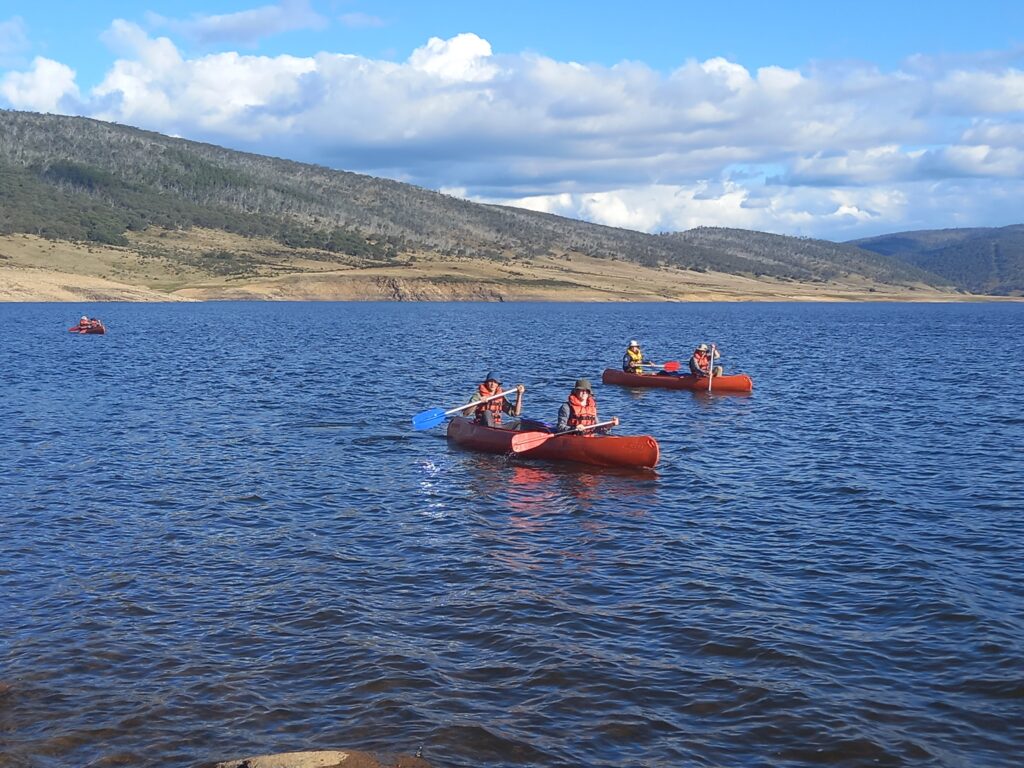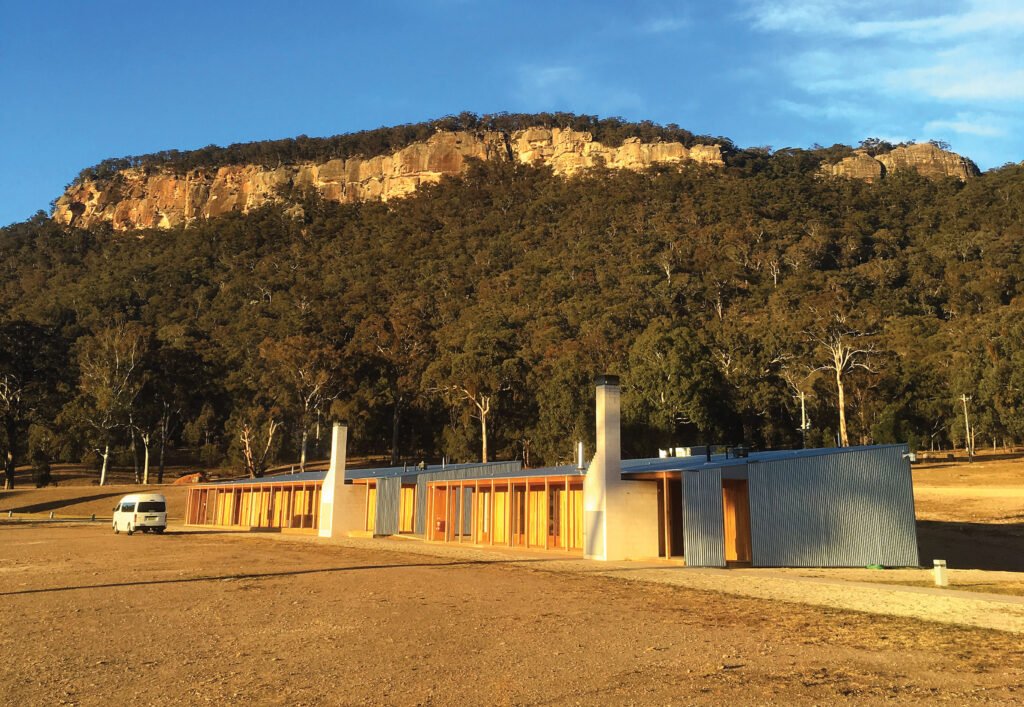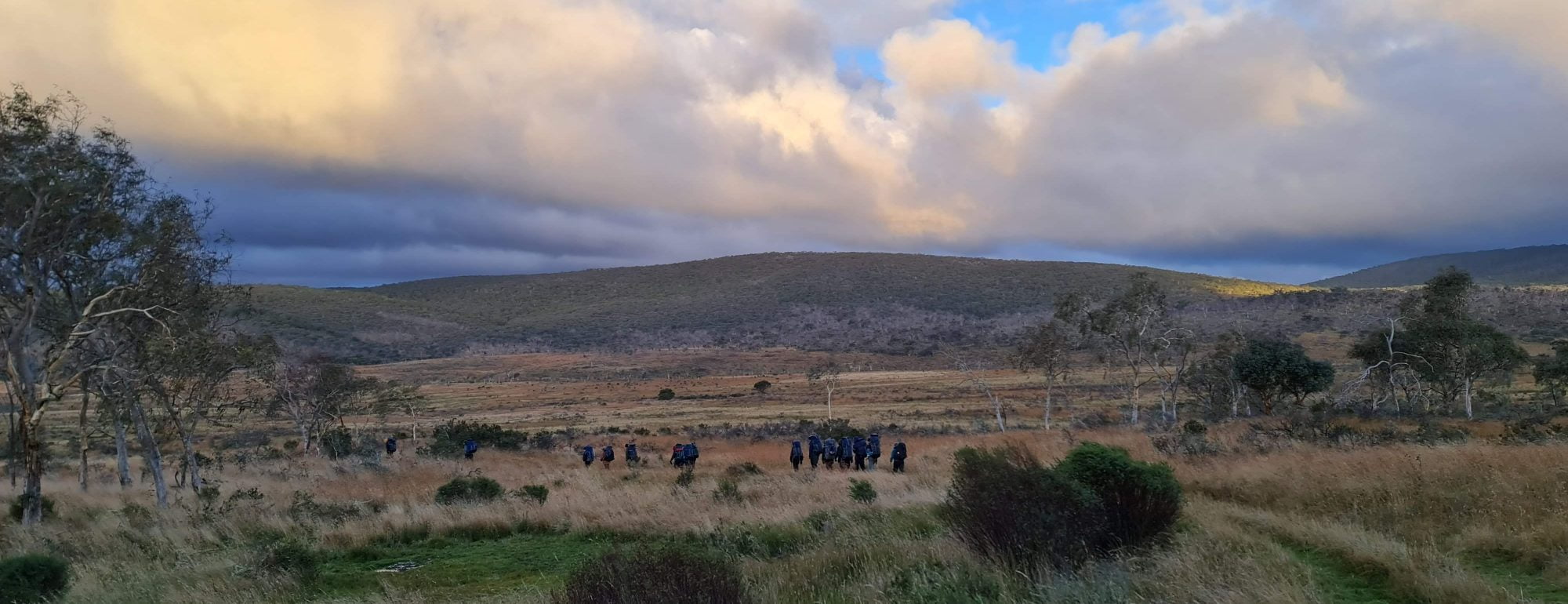Experiential learning is a holistic philosophy of education that requires students to cooperate and learn from one another through direct and authentic experiences tied to real world problems.
Experiential learning impels students into the unfamiliar and more challenging situations to ultimately facilitate their growth and development.
At Cranbrook our approach to experiential learning is multifaceted. Our students undertake experiential learning in a variety of contexts, whether campus-based, project-based, work-integrated or in the community. The focus is on learning through connection and collaboration through ongoing critical reflection and the results of this learning are personal. Experiences are structured to require the student to take initiative, make decisions and be accountable for results.
Cranbrook Senior School offers our students both elective and compulsory experiential learning, ranging from excursions, camping expeditions and outdoor education, taking our students out of their comfort zone into a safe and supervised new environment.
Benefits of experiential learning
Over the years experiential learning has proven to provide a wide range of benefits that contribute to a student’s development such as applying data and ideas to a real-world situation, developing their creative problem-solving abilities, encouraging reflection and analysing how their actions affect an issue. These valuable ‘soft’ skills are vital for success in life both at School and beyond the School gates.
Cranbrook in the Field (CITF)
Since 1970, Cranbrook has introduced our students to experiential learning and outdoor education. Collaborating with Outward Bound Australia, CITF is Cranbrook’s outdoor education programme, compulsory for Years 7 through to 10, all supervised by specialist instructors and supplied with professional equipment. Students challenge themselves, work in a team, and discover persistence and perseverance.
Activities range across each CITF programme, and include bushwalking, environmental conservation projects, bush regeneration, rope courses, navigation, canoeing, mountain biking, raft building, abseiling, cooking, as well interactive projects to build teamwork and cooperation.
Cranbrook in the field (CITF), plays a major part in our educational provision and is an essential component of the Cranbrook experience. It gives students the opportunity to encounter challenges, and overcome them, building resilience and skills which set them up for their future.
Wolgan Valley Campus
Our Wolgan Valley Campus is a residential and experiential education site that complements the main Senior School city campus, and allows learning to be undertaken in innovative ways. For instance, our HSC Earth & Environmental Scientists spent a few days at the campus investigating the processes used by the Mingaan Wiradjuri people as sustainable resource managers, our Year 12 IB Diploma students attended the extended essay workshop and Drama and Art workshops are held regularly on this awe-inspiring campus.
Grounded by Service
The concept of giving and the spirit of ‘being rather than seeming to be’ is fundamental to our service programme.
Cranbrook strives to develop a lifelong ethical spirit of social service through the understanding and appreciation of all people in local and global communities. We want to instil an ethical prerogative of giving back to the community. Many of our students find this service aspect of their education to be the most rewarding part of their schooling and often continue with these initiatives after they’ve left School.
Cranbrook students are involved in a wide range of community initiatives both within Australia and overseas. These include Clean Up Australia Day, Red Shield Appeal, Toys and Tucker, as well as Amnesty International, cancer awareness programmes, flood and fire relief aid, Our Big Kitchen, the Smith Family Buddy reading programme and many more!
It is so important that our students learn to use their advantages in the pursuit of the greater good. We look to develop opportunities to work with, and for, people who do not share our good fortune: many students find this the most rewarding part of their schooling.
The Duke of Edinburgh’s International Award
The Duke of Edinburgh’s International Award is an international leadership-in-action programme available to all Cranbrook students aged 14 and above.
The Duke of Edinburgh’s International Award runs all three levels:
- Bronze
- Silver
- Gold
The goal of The Award is to challenge and encourage students to become more involved in community service, physical activity and outdoor experiences. The programme takes students out of a familiar setting, and provides varied experiences that facilitate personal growth, accomplishment and appreciation for volunteer service.
The Award is a voluntary, flexible non-competitive programme that students can continue up until the age of 25-years-old building self-esteem, self-motivation, and confidence.
The Duke of Edinburgh’s International Award builds skills which equips our students for life after their Cranbrook journey. The Award programme provides them with the opportunity to develop their leadership abilities.
